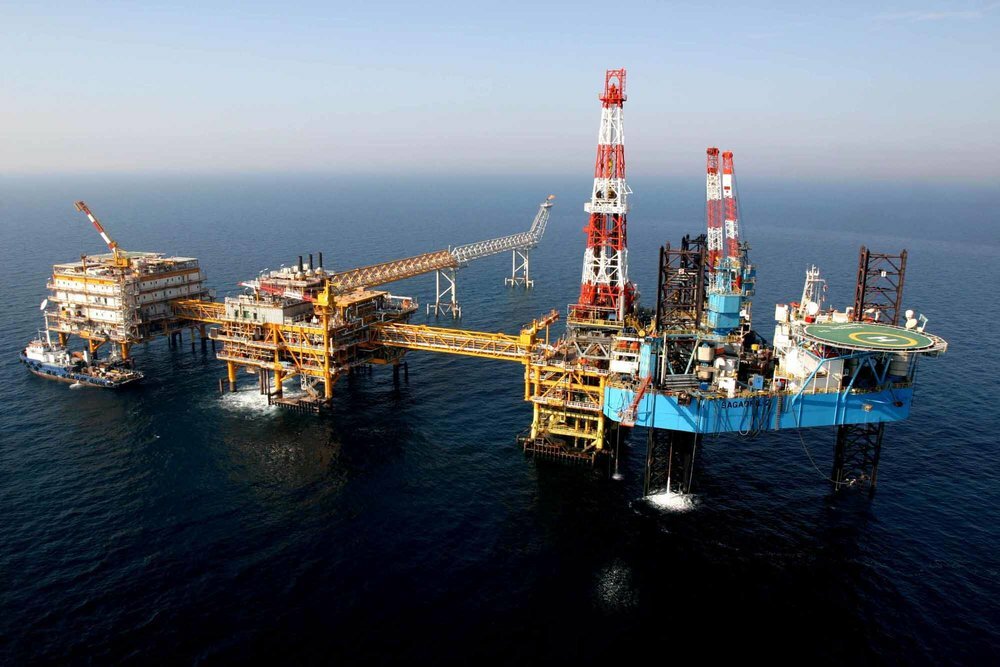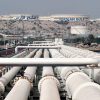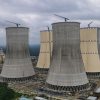Iran’s natural gas industry is vital to the country’s economy but also faces growing scrutiny for its environmental impacts. Extraction, processing, and distribution of natural gas have significant environmental consequences, including greenhouse gas emissions, flaring, and ecosystem disruption.
One of the primary environmental concerns in Iran’s gas sector is gas flaring. Iran ranks among the world’s top flaring countries, with significant amounts of natural gas burned off annually due to infrastructure limitations and operational inefficiencies. This not only represents an economic loss but contributes substantially to carbon emissions and air pollution.
Recognizing these challenges, Iran has initiated sustainability and environmental mitigation programs aimed at reducing flaring, capturing wasted gas, and promoting cleaner extraction methods. Investments in technology upgrades and pipeline expansions have significantly reduced flaring in recent years, though substantial challenges remain.
Iran’s commitment to sustainability includes investing in renewable energy projects and energy efficiency initiatives, partially supported by revenues from natural gas exports. Transitioning to renewable energies, such as solar and wind, complements the country’s efforts to reduce reliance on fossil fuels, though natural gas remains central to Iran’s energy policy due to its abundance and lower emissions relative to coal and oil.
Furthermore, Iran has undertaken various international collaborations to share technological advancements and environmental best practices, particularly with neighboring countries facing similar environmental issues.
Looking ahead, increasing pressure from international climate agreements, such as the Paris Accord, encourages Iran to further address sustainability concerns. Potential investments in carbon capture and storage technologies, improved pipeline infrastructure, and broader environmental governance are pivotal.
In conclusion, while environmental challenges persist, Iran’s ongoing efforts in sustainability and cleaner gas practices represent significant steps towards a more sustainable energy future.






